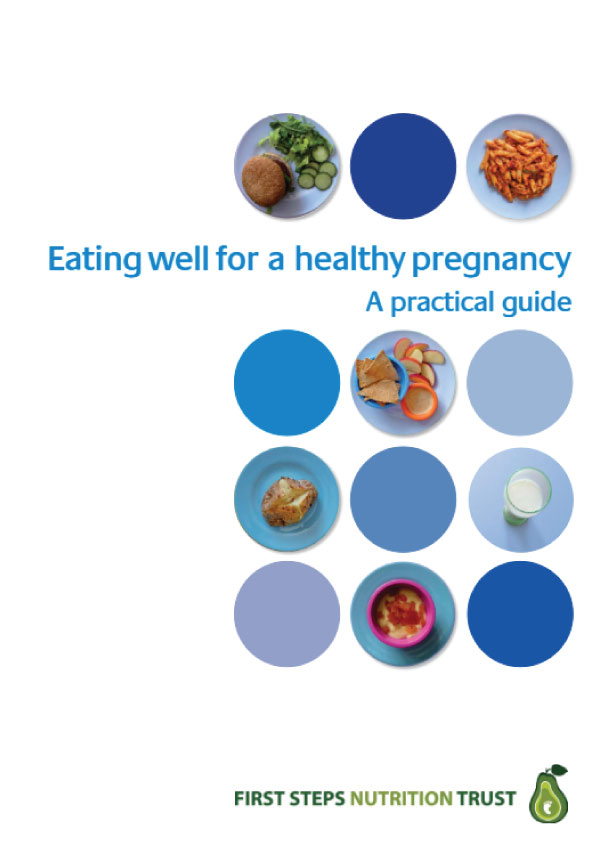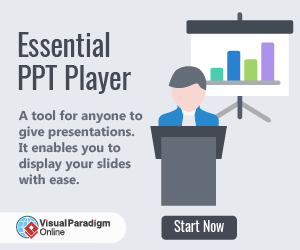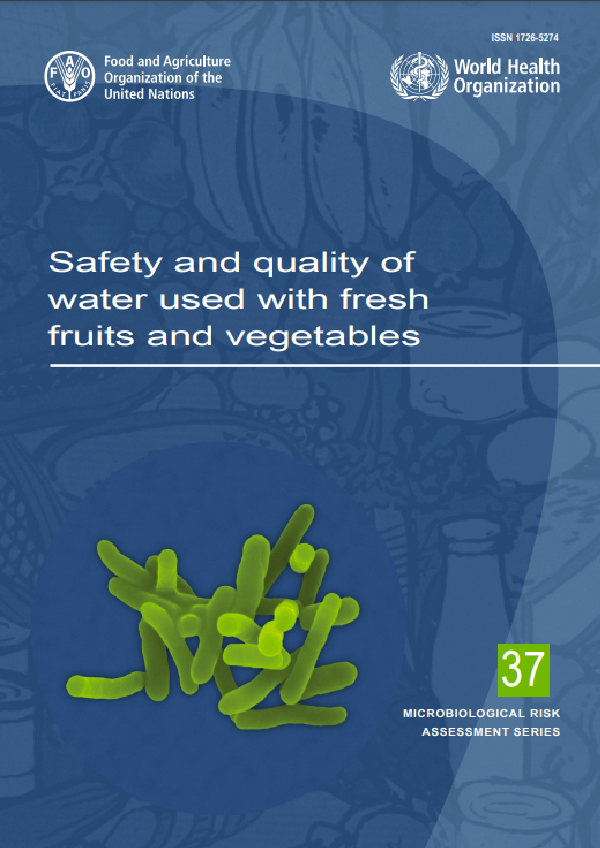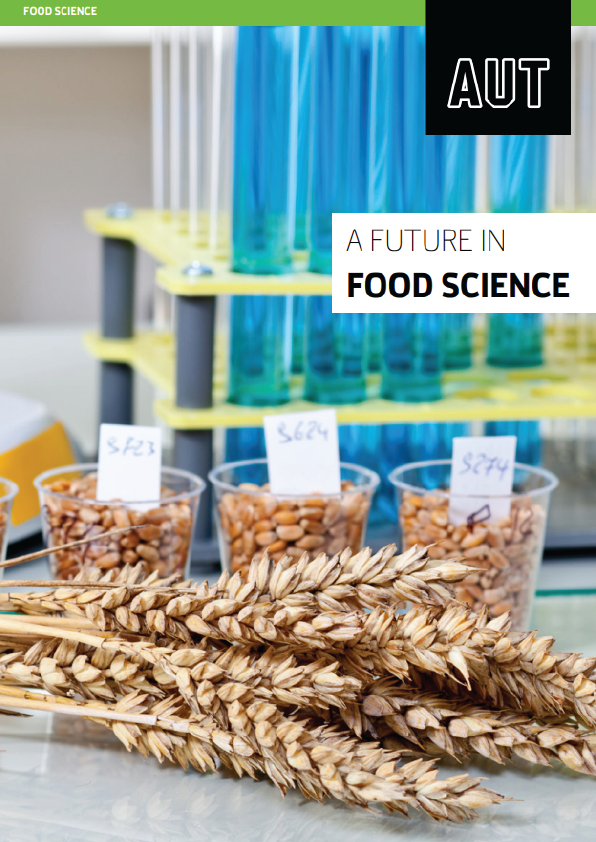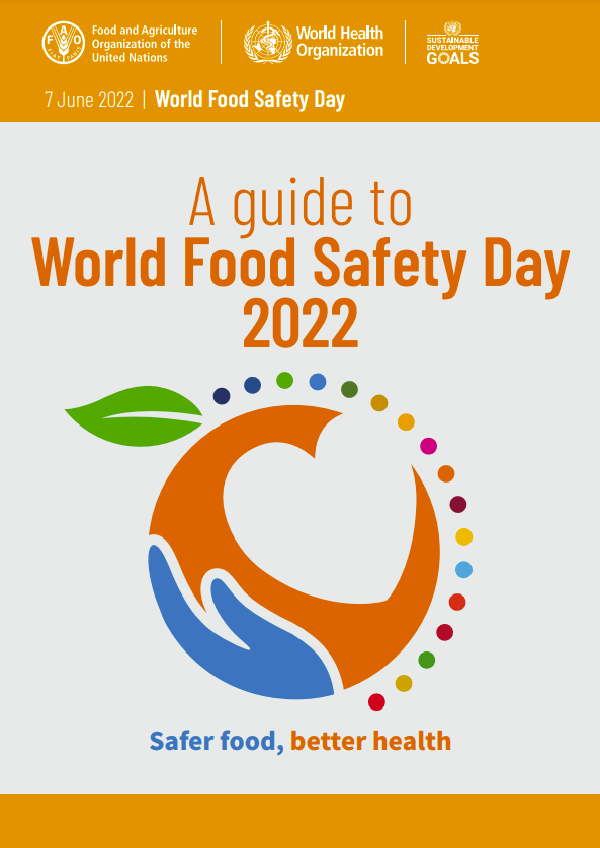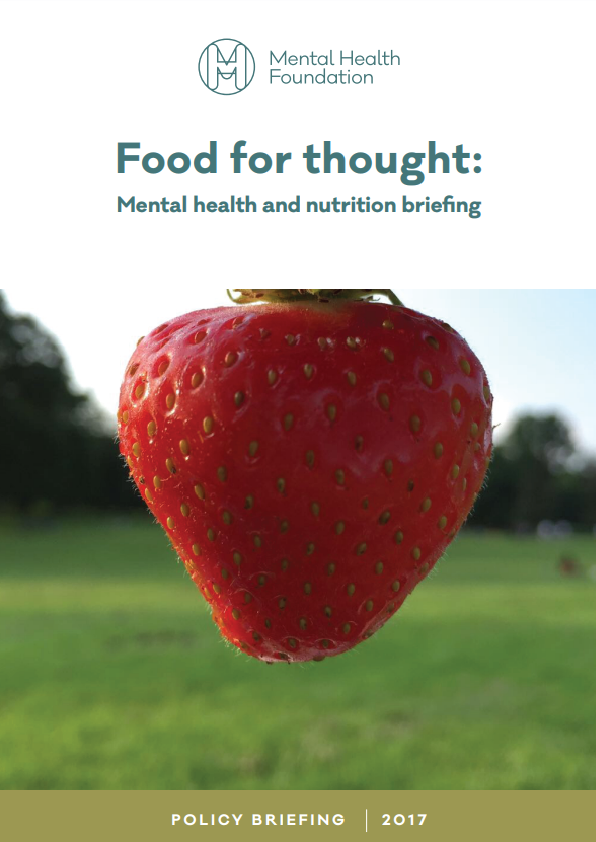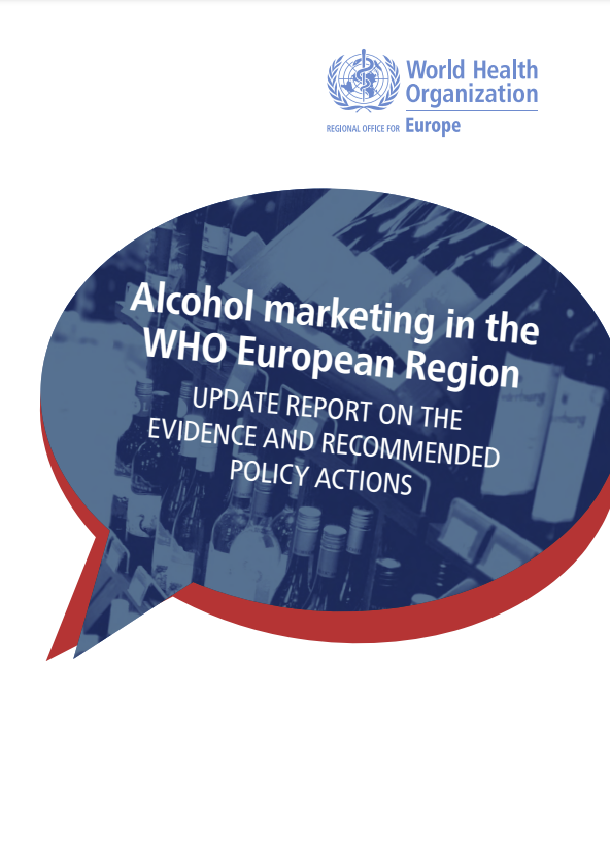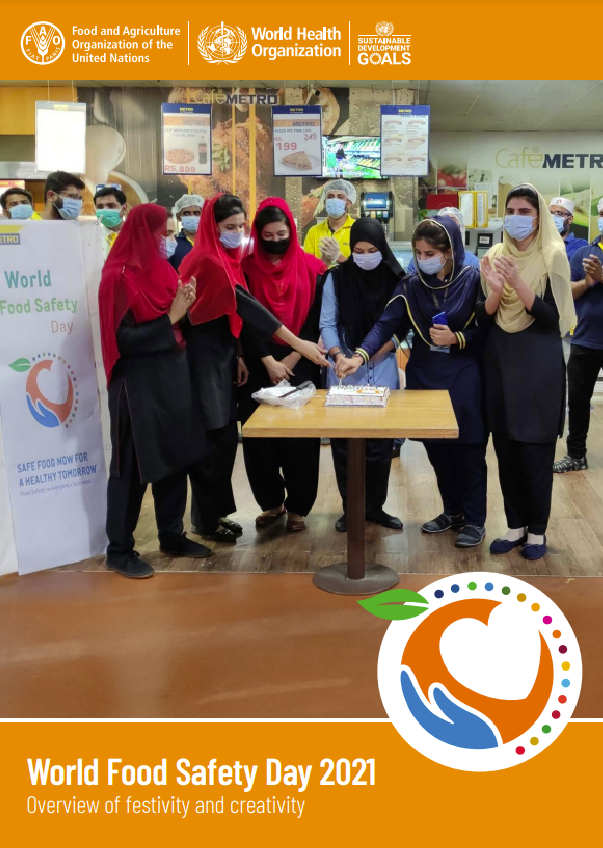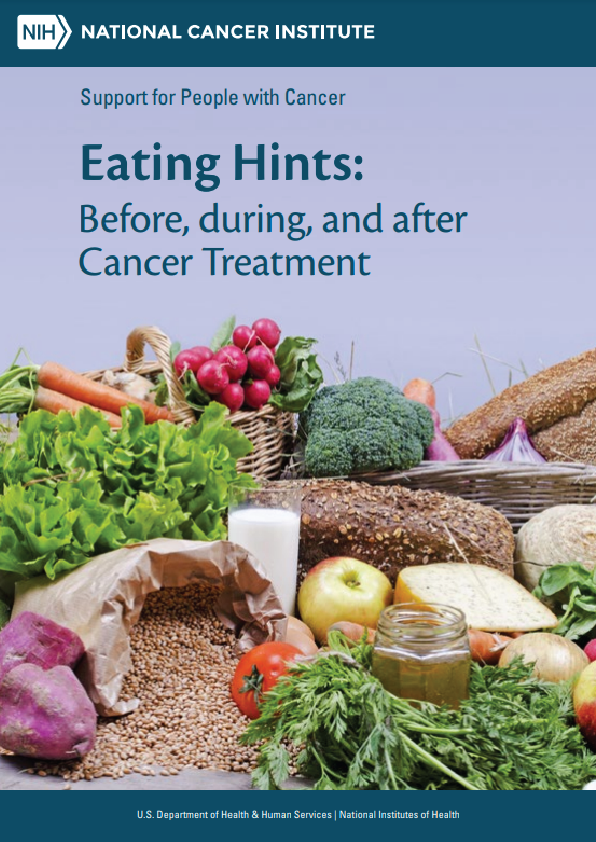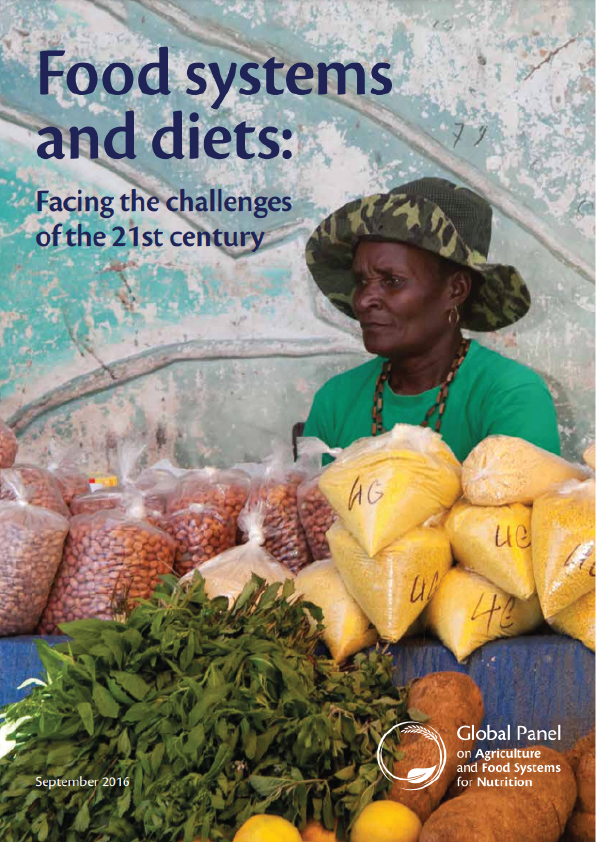Why does eating well in pregnancy matter?
There is a complex inter-generational relationship between the nutritional status of a mother and her newborn baby and the subsequent health and wellbeing of that child and the children they go on to have themselves. Evidence suggests that the root of many diseases of adulthood lies in the nutrient supply from conception to birth and through the first two crucial years. Everyone who has contact with women in pregnancy should be able to offer clear, consistent, evidence-based and practical advice on what a good diet looks like. Supporting women to take their food choices seriously, to spend their money wisely on food and to learn skills in food preparation has to be a priority if we are to reverse current trends in poor nutritional health and tackle health inequalities
The nutritional status of a woman before she conceives and throughout her pregnancy will impact on the health and wellbeing of her infant in both the short term and long term. The aim of all health advice in pregnancy is to ensure the best outcome for mother and infant, and that includes having a baby born at a good birthweight, with adequate nutrient stores. Poor diet in pregnancy has been associated with adverse pregnancy outcomes in a number of studies, and there is evidence that the diets of many women are lacking in some of the essential nutrients associated with good outcomes.
Despite a popular myth that a baby will take what it needs nutritionally from its mother, neither mother nor baby will thrive if the mother’s diet is poor.
Talking with women and their partners and supporters about eating well in pregnancy and beyond
Motivating someone to change their behaviour is a skill and if you have not already attended a course on how to support behaviour change, you may find it useful to do so.
There can be many ways that conversations about food choice in pregnancy may arise and a lot of different questions that women and their partners and supporters may ask about what they can and can’t eat. Hopefully you will find answers to many of these in this resource.
It is highly likely that many women and those they live with do not currently eat a diet that is in line with recommendations for a healthy diet. Many will choose fast foods, high-fat, high-salt and high-sugar snacks and too many ultra-processed foods, and may have limited cooking skills. Some women may also have limited space to store food or cook food. It is important to be sensitive to this, and use this resource in a way that best supports each individual.
The aim of this resource is to show best practice. Some women may only be able to make a small number of changes to their diet and it is the role of those offering support to encourage whatever positive changes it might be possible for each person to make. This resource deliberately does not include images of many of the commercially produced and ultra-processed foods that people may choose, as the aim is to offer an alternative view of what is possible.
Talking about eating well in pregnancy and beyond
Below are some ideas you might want to share in discussions about the importance of a good diet in pregnancy, the importance of breastfeeding and the need for a good diet in the early years of a child’s life.
The baby will be nourishing itself all day from the mother’s stores via the placenta, and it is therefore very important that mum also eats good food regularly so that she has the energy and nutrients to provide for her baby as well as for her own needs
Babies who are malnourished in the womb because mum isn’t eating enough during pregnancy are more likely to face lifelong chronic health problems, and have a higher risk of dying in infancy. This happens in countries like the UK as well as in poorer countries around the world.
Exclusively breastfeeding a baby for the first six months, alongside solids in the second six months, and continued breastfeeding for as long after that as mum wishes, protects both the baby’s and the mother’s health.
Everyone wants the best for their baby. Spending money on the whole family eating well makes more sense than spending money on expensive clothes and equipment for a new baby.
If mums think they might have more children, eating the same sorts of healthy foods that they give their babies and toddlers will ensure they are able to give the next baby a really good start in life from the beginning.
Eating together with others is an important part of family life, and getting children used to this when young will encourage them to eat better, and it sets a good example for them when they have families of their own.
You can start to eat better and support children to eat better at any time. It’s never too late to change habits, and good health is the best gift you can give your children.
For children under the age of 2 years, having a poor diet weakens a child’s immune system and makes him or her more susceptible to common illnesses such as chest infections and diarrhoea, and may prevent the child from being as physically strong and mentally able as he or she could be.
You can’t see if someone is poorly nourished, but it can impact on health and wellbeing for life. Just because you can’t see a nutrition problem doesn’t mean it isn’t there.
